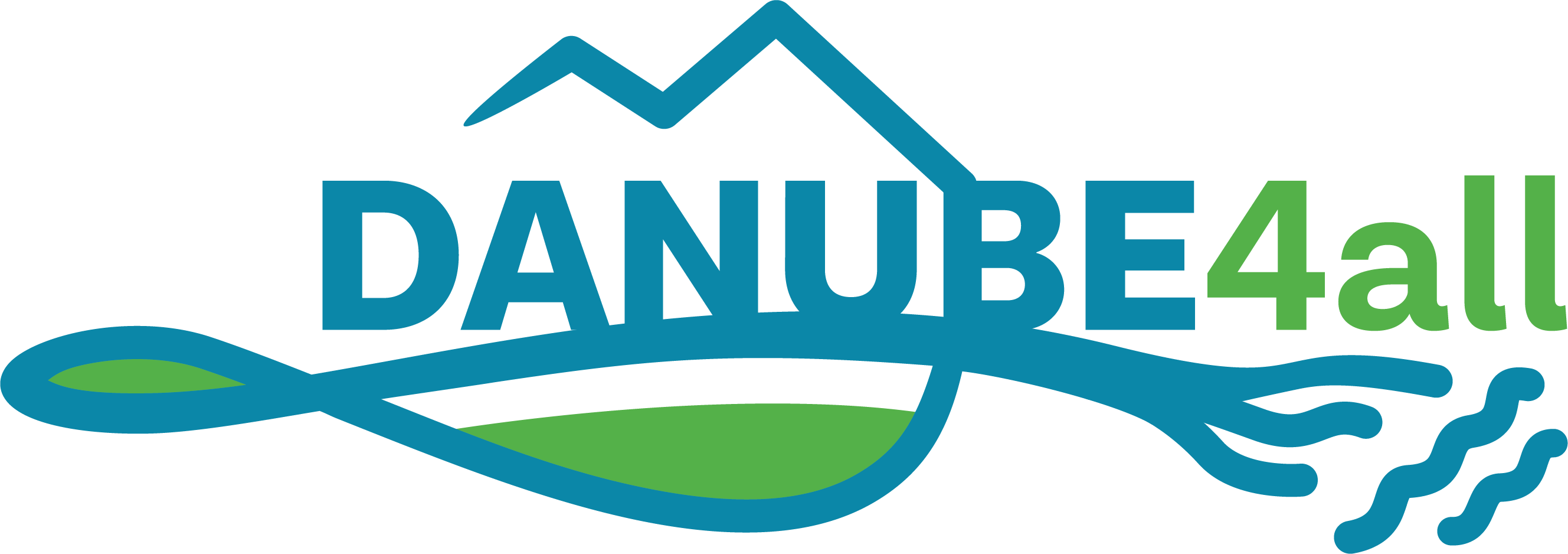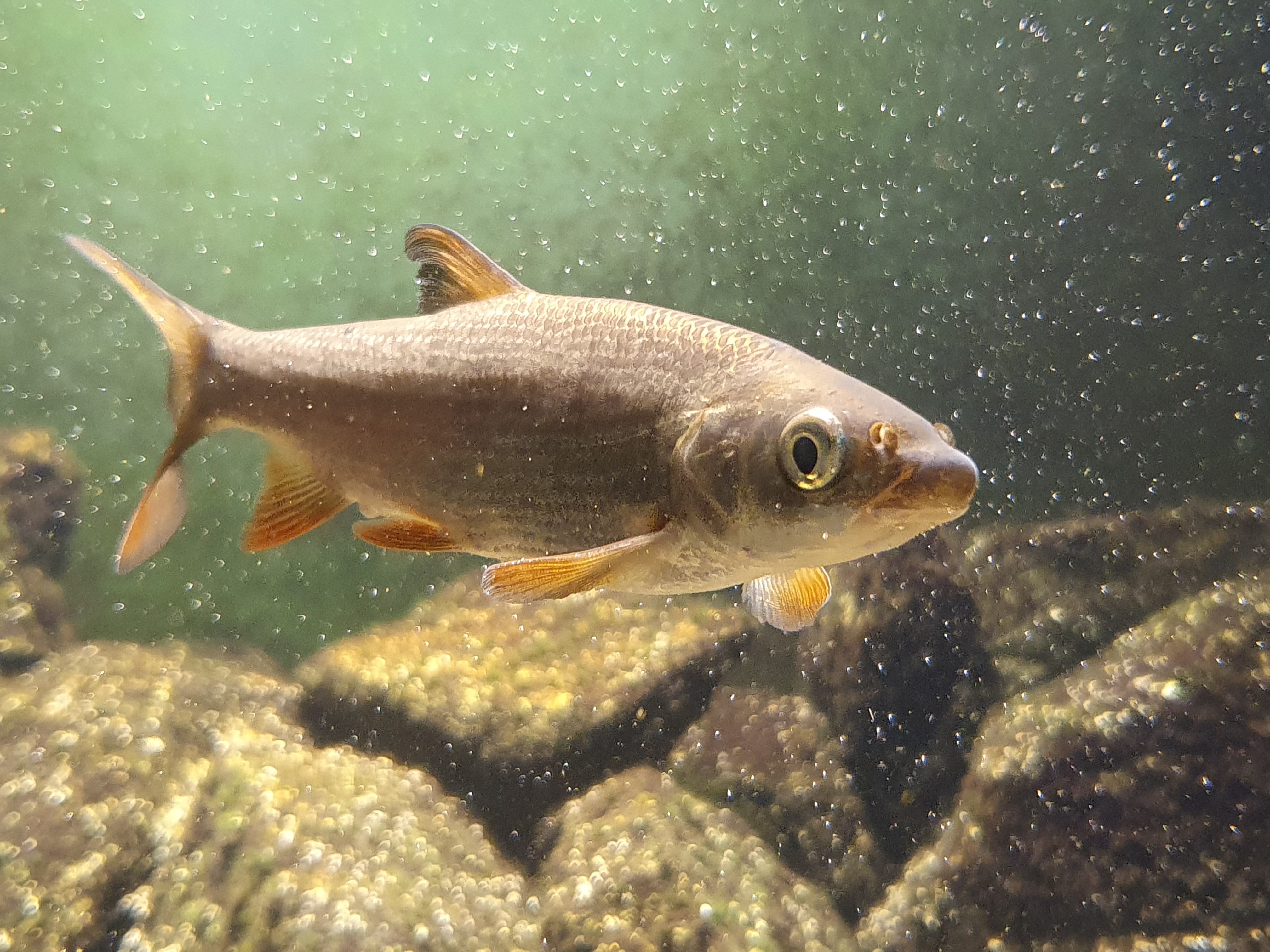
DANUBE4all
DANUBE4all is an EU project with the main task of developing a comprehensive action plan for the renaturation of river stretches in the Danube River Basin (DRB). To this end, a collaborative stakeholder process is being developed that actively incorporates the interests of citizens. The action plan is intended to contribute to the improvement of the ecological status, biodiversity and river connectivity of the Danube ecosystems and thus supports the EU mission OCEAN ‘Mission Healthy Oceans, Seas, Coastal and Inland Waters’.
The development and implementation of innovative and socially relevant nature-based solutions has a wide range of positive effects. In addition to the improved connectivity of rivers, possible scenarios for floodplains, reducing the risk of floods and droughts, and other socio-economically effective measures are an important focus. Renaturation projects on the Danube are being promoted with the goal of improving the continuity of sediments and positively influencing habitats/biota. These include the Danube National Park east of Vienna, a section of the river in Hungary and a measure on the Danube delta.
Nature-based solutions must be developed in collaboration with the affected population and supported by them in order to be effective in the long term. Renaturation processes tend to unfold slowly and require continuous attention and active support in order to be successful. Accordingly, the intensive involvement of citizens along the Danube is an important component that makes renaturation possible in the first place. A special work package supports interaction with citizens through the activation of citizen science. Citizen scientists are particularly involved in the development, implementation, evaluation and scaling of nature-based solutions, a citizen science method toolbox, and the development of communication measures.
In particular, DANUBE4all serves the following research fields:
- Criteria and indicators for physical connectivity status as a starting point for renaturation options in the Danube catchment. A reflection of existing assessment methods and initiatives contributes to this.
- Analysing the (ecological) status of water bodies and biodiversity with the aim of expanding the existing transnational biodiversity monitoring with a strong focus on restoration. This includes long-term trends in connection with management and conservation measures associated with renaturation.
- Co-creation, implementation and results monitoring of nature-based solutions implemented in the project in the Danube River Basin. This includes:
- 3 restoration interventions with the participation of local residents (3 Demonstration Sites);
- the further use and replication of solutions in 5 Associated Regions;
- later a multiplication of the approach by supporting 10 restoration measures (10 Synergy Sites).
- Implementation of socially relevant integrative measures with municipalities in the Danube River Basin. This includes measures that trigger social and economic change, as well as the sustainable, integrative and long-term management of restored ecosystems through public mobilisation and engagement. This is also to be achieved through citizen science.

common nase, © Robert Togel (Images courtesy of viadonau)
This project fulfils version 1.1 of the quality criteria for citizen science projects on Österreich forscht.
- waste
- land use
- geology
- plants
- animals
- traffic
- economy
- water
- living together

